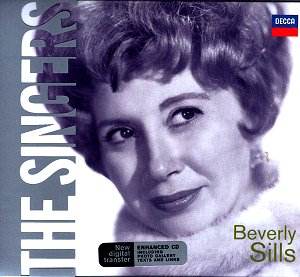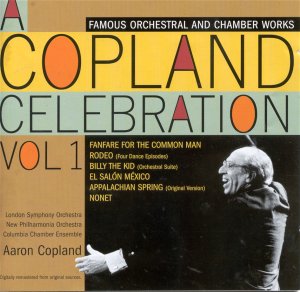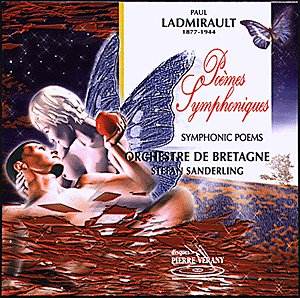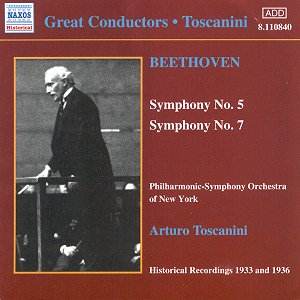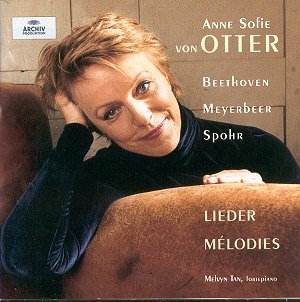 Composer: Giacomo MEYERBEER (1791-1864), Ludwig van BEETHOVEN (1770-1827), Louis SPOHR (1784-1859)
Composer: Giacomo MEYERBEER (1791-1864), Ludwig van BEETHOVEN (1770-1827), Louis SPOHR (1784-1859)
Works: Mélodies: Mina Komm Ma barque, La Fille de l’air, Sicilienne, Prière d’enfants, Le voeu pendant l’orage, Des Schäfers Lied (for voice, clarinet and piano); Lieder: In questa tomba obscura, WoO 133, T’intendo s’, mio cor, Opus 82 No. 2, Als die Geliebte sich trennen wollte, WoO 132, Seufzer eines Ungelbieten – Gegenliebe WoO 118, Sehnsucht, WoO 146, An die Geliebte, WoO 140, Ariette, Opus 128, Maigesang, Opus 52 No. 4, Adelaide, Opus 46
Performers: Anne Sofie von Otter (mezzo soprano), Melvyn Tan (fortepiano), Christina Högmann (soprano), Kristina Hammerström (mezzo soprano), Eric Hoedrich (clarinet), Nils-Erik Sparf (violin)
Recording: Rec February 1999, Swedish Radio, Stockholm
Label: ARCHIV 469 074-2
The compilation featuring Anne Sofie von Otter and her distinguished collaborators serves as an enlightening journey through the relatively uncharted waters of song repertoire by Meyerbeer, Spohr, and Beethoven. While Beethoven’s voice and piano works may not be as celebrated as his symphonic counterparts, they contribute significantly to the understanding of his lyrical and emotional depth. This recording challenges the conventional perception of Beethoven as predominantly a symphonic titan by illuminating his contributions to the song genre.
Von Otter’s interpretations are marked by a nuanced understanding of text and music. In the selections from Meyerbeer, particularly the Sicilienne and the poignant Le voeu pendant l’orage, she expertly navigates the delicate interplay between voice and accompaniment, revealing layers of emotionality often overlooked in more operatic contexts. Her tonal colors add a rich expressive quality that enhances Meyerbeer’s lyrical lines, particularly in the intimate dialogues with the clarinet in Des Schäfers Lied. The decision to include lesser-known works allows listeners to appreciate Meyerbeer not solely as an opera composer but as a songsmith of considerable merit.
Spohr’s contributions to the program, featuring violin and piano, present an engaging contrast. The balance between voice and instrumental accompaniment is skillfully managed, with Nils-Erik Sparf’s violin providing a florid counterpoint to von Otter’s robust yet sensitive vocal delivery. The pastoral charm of Abend-Feier and the exuberance of Jagdlied are particularly notable, though the music leans more towards decorative than profound. The technical interplay occasionally recalls the intricacies of Schubert’s Lieder, yet Spohr’s writing lacks the dramatic heft inherent in Schubert’s best-known works, such as Erlkönig. The collaborative spirit among the performers is palpable, yet one longs for deeper exploration of Spohr’s emotional landscapes.
The engineering quality of the recording by Archiv is commendable, capturing the clarity of the fortepiano and the warmth of von Otter’s voice with precision. The dynamic balance is expertly realized, allowing the listener to appreciate both the subtleties of the vocal line and the nuanced accompaniment provided by Melvyn Tan. The attention to detail in phrasing and dynamics enhances the overall listening experience, with the recording revealing a careful consideration of the interactive nature of chamber music.
This recital ultimately stands as a testament to the rich but often overlooked contributions of Meyerbeer and Spohr, alongside Beethoven’s less frequently performed lieder. The inclusion of full texts and translations further enriches the listener’s engagement with the material. Von Otter and her colleagues not only elevate the music through their artistry but also broaden the listener’s horizons regarding the vast potential of the song repertoire. This recording is a significant addition to the discography of vocal music that invites both new and seasoned listeners to delve deeper into the richness of the 19th-century song tradition.
